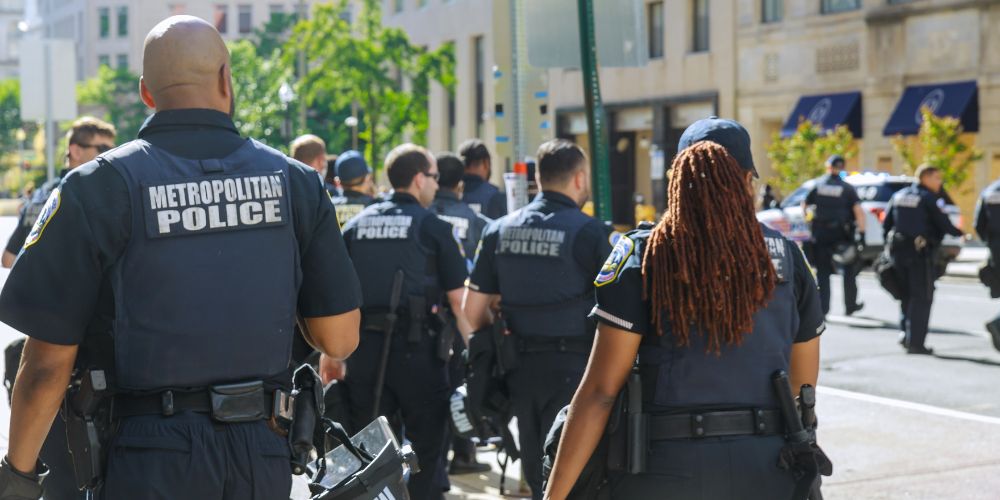Is ICE Deporting Foster Kids? Facts vs. Myths
Over the past several months, reports have emerged that U.S. Immigration and Customs Enforcement (ICE) and the Department of Homeland Security (DHS) have conducted visits and enforcement actions involving unaccompanied minors in foster care or with sponsors. These reports have raised questions about whether ICE is deporting foster kids without citizenship status for deportation. Below, we break down what is confirmed, what is unclear, and what it means for kids in foster care.
What We Know
Federal Sweep of Unaccompanied Minors
According to Reuters, a February 2025 ICE memo directed agents to locate and potentially deport unaccompanied migrant children who entered the U.S. without their parents. These minors have been categorized as “flight risks” or subject to removal orders.
The Guardian also reported that ICE has conducted nationwide operations to locate unaccompanied minors living with sponsors or in foster care, with the goal of possible deportation or legal proceedings.
Known Case of ICE Taking Foster Child in Florida
In Florida, state child welfare authorities transferred a 17-year-old foster youth to ICE custody. According to reports, the teen was handcuffed and shackled. This incident has drawn significant attention from advocates and lawmakers.
“Welfare Checks” Debated
CPR News reported that ICE and federal agents have conducted unannounced visits to unaccompanied minors in Colorado foster care. These visits were described by ICE as “welfare checks,” but some advocates view them as enforcement actions.
The Houston Chronicle documented similar visits in Texas, raising concerns that sponsors and foster families could be affected even if children had been released by the Office of Refugee Resettlement (ORR).
Myths Vs. Facts
Myth: ICE is deporting all children in foster care.
Fact:ICE does not deport children just because they are in foster care. Only kids who do not have legal status (like undocumented children or unaccompanied minors) can be at risk. Most children in foster care are U.S. citizens or have legal status and cannot be deported just for being in foster care.
Source: U.S. Department of Health & Human Services, Children’s Bureau
Myth: ICE visits to shelters or foster placements cannot result in deportation.
Fact:Some ICE visits are called safety checks, but they can also be for immigration enforcement. This is especially true in shelters for children who came to the U.S. alone. ICE can arrest people who do not have legal status.
Source: U.S. Immigration and Customs Enforcement, Enforcement and Removal Operations.
Myth: Children in foster care automatically receive immigration enforcement protection.
Fact: Children in foster care do not automatically receive legal immigration status. Birthright citizenship still applies to those currently born in the country, regardless of their parents’ citizenship status, as granted by the 14th Amendment. In other words, if a child was born in the U.S., they are a citizen. Other children might need to apply for protection, like Special Immigrant Juvenile Status (SIJS) or asylum.
Source: U.S. Citizenship and Immigration Services, SIJS Information.
Myth: Being in foster care prevents deportation.
Fact: Just being in foster care does not stop deportation. Only children with legal status or special protection cannot be deported.
Source: American Bar Association, Immigration Issues in Child Welfare Cases.
More info:
Many people think that a lot of kids in foster care have parents who are undocumented. But this is not true. Most children in foster care are U.S. citizens. Sometimes people hear about children who came to the U.S. alone (called unaccompanied minors) and think that all foster children might get deported, but that is not correct.
A 2011 report estimate over 5,100 U.S. citizen children were in foster care because their undocumented parent(s) had been detained or deported. However, these children are citizens and cannot be deported. The Department of Homeland Security has clarified that ICE does not deport U.S. citizen children. In some cases, children may leave the country with their parents if the parents are deported, but this is not forced.
Right now, ICE focuses on finding unaccompanied minors who have final orders to leave the U.S. or who might be a security concern. Some people worry that these actions can hurt children by disrupting their living situations and making them feel unsafe.
Ways You Can Help Support Kids in Foster Care Through Foster Love
Foster Love supports foster youth through every transition. You can:
- Volunteer with Foster Love at events all over the country.
- Donate to provide essential resources and care.
- Spread the word about issues affecting kids in care.



